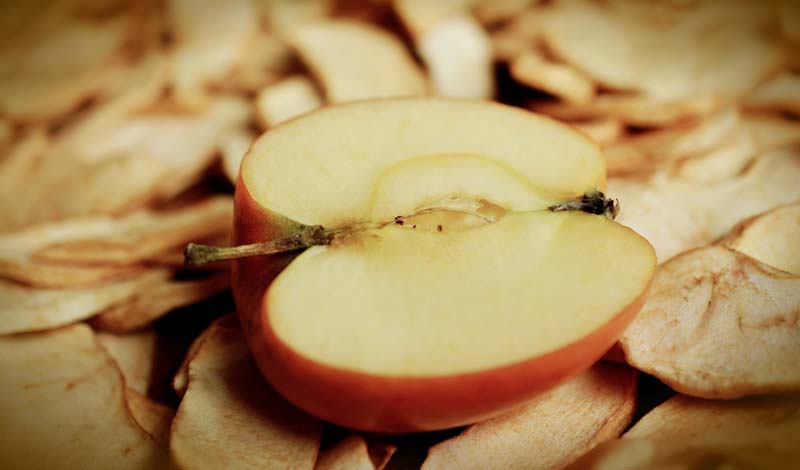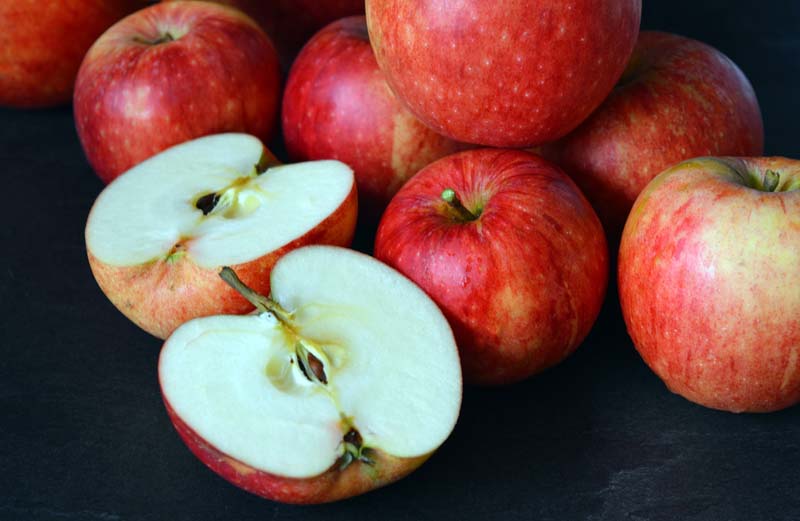Table of Contents
Can you compost apple cores?
Can you compost apple cores? The answer is a resounding yes! In fact, apple cores can make a valuable contribution to a compost pile or bin.
First, let’s define composting. Composting is the process of breaking down organic material, such as food scraps and yard waste, into a soil-like substance called compost. Compost is a rich, nutrient-dense material that can be used to enrich and improve soil quality in gardens and other outdoor spaces.
So, why is it a good idea to compost apple cores? For one, apple cores are a natural source of nutrients. Apples are a good source of potassium, calcium, and other minerals that can benefit plants. When apple cores are added to a compost pile, these nutrients are released and can be absorbed by plants as the compost breaks down.
In addition to providing nutrients, apple cores can also help to improve the structure of the compost pile. As the cores break down, they release carbon, which can help to balance the nitrogen levels in the compost. This balance is important because it helps to ensure that the compost decomposes efficiently and effectively.
There are a few things to consider when composting apple cores, however. First, it’s important to chop or shred the cores before adding them to the compost pile. This will help to speed up the decomposition process and ensure that the cores break down more evenly. If the cores are left whole, it may take longer for them to decompose and they may not break down as thoroughly.
Another thing to keep in mind is that apple cores (and other fruit scraps) can attract pests, such as fruit flies, to the compost pile. To prevent this, it’s a good idea to cover the cores with a layer of brown material, such as dried leaves or shredded newspaper, to help deter pests and keep the compost pile balanced.
Finally, it’s worth noting that apple cores (and other fruit scraps) should be added to the compost pile in moderation. While they can be a valuable source of nutrients and carbon, adding too many at once can cause the compost pile to become unbalanced and may lead to odors or other problems. A good rule of thumb is to aim for a roughly equal mix of green and brown materials in the compost pile.
In conclusion, apple cores can definitely be composted! They are a natural source of nutrients and can help to improve the structure of the compost pile. Just be sure to chop or shred the cores and add them in moderation, and cover them with a layer of brown material to deter pests. With proper care and attention, apple cores can make a valuable contribution to a successful composting operation.

Additional Reading
The United States Environmental Protection Agency has a page on composting apple cores and other fruit and vegetable scraps: https://www.epa.gov/recycle/composting-home#ingred
The University of Illinois Extension has a publication on composting apple cores and other fruit and vegetable scraps: https://extension.illinois.edu/compost/foodscraps.cfm
Can I put apple seeds in compost?
Yes, you can compost apple cores with seeds. In fact, apple cores and seeds are considered to be good materials for composting and can help to add nutrients and improve the structure of the soil.
It is generally recommended to chop or shred the apple cores before adding them to the compost pile, as this will help to speed up the decomposition process and ensure that the cores break down more evenly. The seeds can also be left in the cores, as they will eventually break down along with the rest of the material.
How long does it take for an apple core to compost?
The amount of time it takes for an apple core to compost can vary widely depending on the conditions in which it is placed. In general, it can take anywhere from several weeks to several months for an apple core to fully decompose.
Factors that can affect the decomposition rate of an apple core include:
- The size of the apple core: Smaller pieces of apple core will decompose more quickly than larger pieces. Chopping or shredding the apple core before adding it to the compost pile can help to speed up the decomposition process.
- The moisture content of the compost: Apple cores contain a high amount of moisture, which can help to speed up the decomposition process. However, if the compost pile is too dry, the apple core may decompose more slowly.
- The presence of oxygen: Oxygen is essential for the decomposition process, and the presence of oxygen in the compost pile can help to speed up the decomposition of the apple core.
- The temperature of the compost: Warmer temperatures can help to speed up the decomposition process, while cooler temperatures will slow it down.
- The presence of microorganisms: Microorganisms, such as bacteria and fungi, play a key role in the decomposition process. The more microorganisms present in the compost pile, the faster the apple core will decompose.
Overall, it is difficult to give a precise timeline for how long it will take an apple core to decompose, as it can vary widely depending on the conditions in which it is placed. However, with proper care and attention, it is possible to speed up the decomposition process and turn the apple core (and other organic material) into rich, nutrient-dense compost.
It is worth noting that it is generally best to compost fresh, non-moldy apple cores and other organic material. This will help to ensure that the compost is of high quality and free from harmful contaminants. Moldy or spoiled apple cores can introduce harmful mold spores into the compost and may produce unpleasant odors, attracting pests.
By following best practices for composting and paying attention to the conditions in your compost pile, you can help to ensure that the apple core decomposes efficiently and effectively, turning it into valuable, nutrient-rich compost for your garden.
